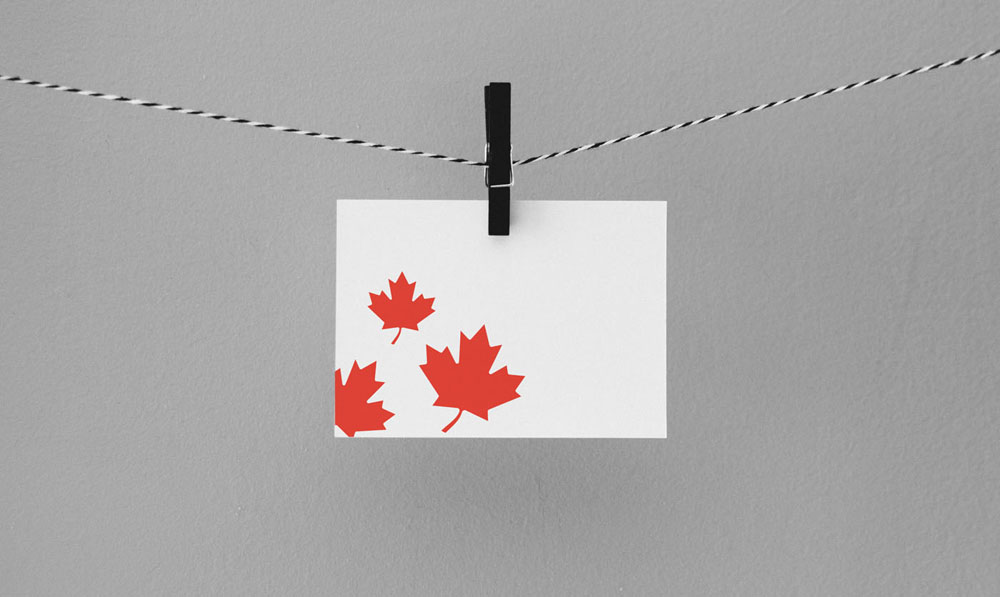On May 6, 2021, the Supreme Court of Canada (SCC) dismissed an application for leave to appeal in the case of Dong, et al. v. Royal Pacific Real Estate Group Ltd., et al., 2020 BCCA 323 (39550). The lower courts in the Province of British Columbia, both at the trial level and on appeal, had held that the appellant’s use of certain licensed trademarks owned by the respondent, outside of the precise terms of the parties’ Sales Representative Agreement, constituted infringement and passing off; as a result of the SCC’s dismissal, the BC Court of Appeal decision now stands.
This case serves as a good reminder for licensees to carefully review trademark license provisions in sales representative, product distribution and similar agreements for their specific terms relating to permitted use of relevant trademarks – and to consider the risks of using such trademarks outside the activities specifically permitted in such agreements.
The respondent in this case is a well-known, Vancouver-based real estate company “Royal Pacific Group” (consisting of Royal Pacific Real Estate Group Ltd. and Royal Pacific Realty (Kingsway) Ltd.), owner of the registered trademark ROYAL PACIFIC Logo and the unregistered trademarks ROYAL PACIFIC and ROYAL PACIFIC REALTY (collectively, the “Trademarks”). In 2012, Royal Pacific Group entered into a Sales Representative Agreement (the “SRA”) with the appellant, Mr. Steven Dong (the “Mr. Dong”), pursuant to which Mr. Dong was licensed to act as a real estate representative for Royal Pacific Group.
However, in 2013, Royal Pacific Group discovered that Mr. Dong had, without the knowledge or consent of Royal Pacific Group, launched a separate referral platform for real estate professionals under the name “Bliip Box”. The website for this service used the domain name royalpacific.co and displayed the Trademarks. Mr. Dong was also sending emails to third parties containing the Trademarks and the following language: “Royal Pacific Realty is one of BC’s largest brokerages and now we are looking to endorse local businesses on our Bliip Box.”
Shortly after this discovery, Royal Pacific Group sent a cease and desist letter to Mr. Dong, demanding that he take down the website and cease using the domain name royalpacific.co. When there was no immediate compliance, Royal Pacific Group also sent notice of termination of the SRA. However, Mr. Dong continued to operate the website at royalpacific.co as well as a related Facebook page (royalreferrals) that also displayed the Trademarks.
The BC Supreme Court (2018 BCSC 1272) held that Mr. Dong was liable for infringement and passing off, as the SRA did not grant Mr. Dong rights to use the Trademarks in connection with his Bliip Box business, which was outside the scope of his activities as a sales representative. Moreover, the judge rejected Mr. Dong’s arguments that Royal Pacific Group had provided consent or acquiesced to such use. According to the trial judge (at para. 100):
Mr. Dong has failed to appreciate the difference between his using the Trade-mark in connection with his duties as a sales representative of [Royal Pacific Group] and using it in a manner that represents that there is an association between the Royal Pacific Group and the Bliip Box technology or other businesses that Mr. Dong was pursuing.
The trial judge further noted (at para. 120-120) that, in the context of the Vancouver real estate industry, in which Royal Pacific Group has a well-recognized name and reputation:
[U]se of the domain name royalpacific.co for the website together with numerous references to aspects of [Royal Pacific Group’s] business and the fact that the webpage was offering real estate related products would have caused confusion in the mind of an “ordinary hurried consumer”, who could have confused the owner of the website with the Royal Pacific Group.
The BC Court of Appeal upheld the lower court’s decision, further dismissing a counterclaim brought by Mr. Dong that Royal Pacific Group had wrongfully denied him the right to use the Trademarks and had terminated the SRA for an unlawful purpose. By dismissing Mr. Dong’s appeal, the SCC has tacitly agreed with the decision of the BC Court of Appeal. The lesson arising out of this decision is that parties to agreements such as sales representative agreements, which contain provisions relating to and restricting use of trademarks, need to carefully consider whether any proposed activities will be offside the license provisions relating to such trademarks.

